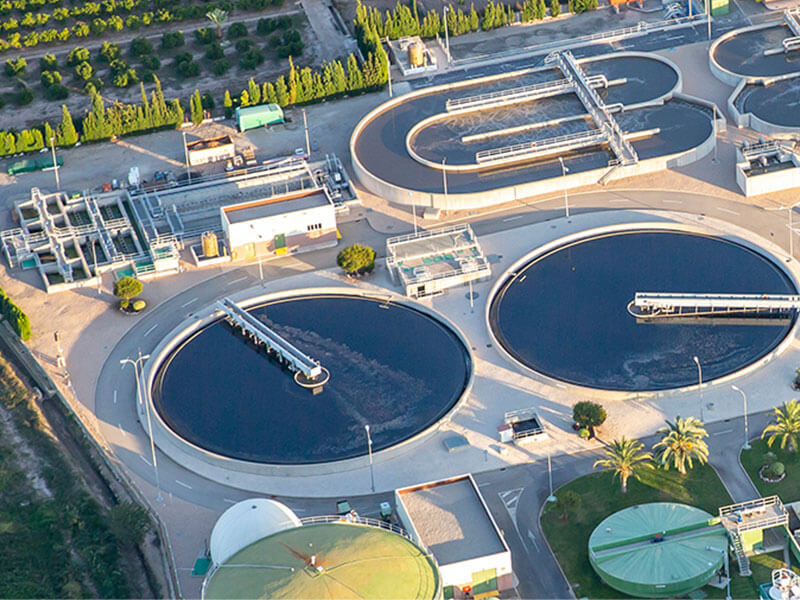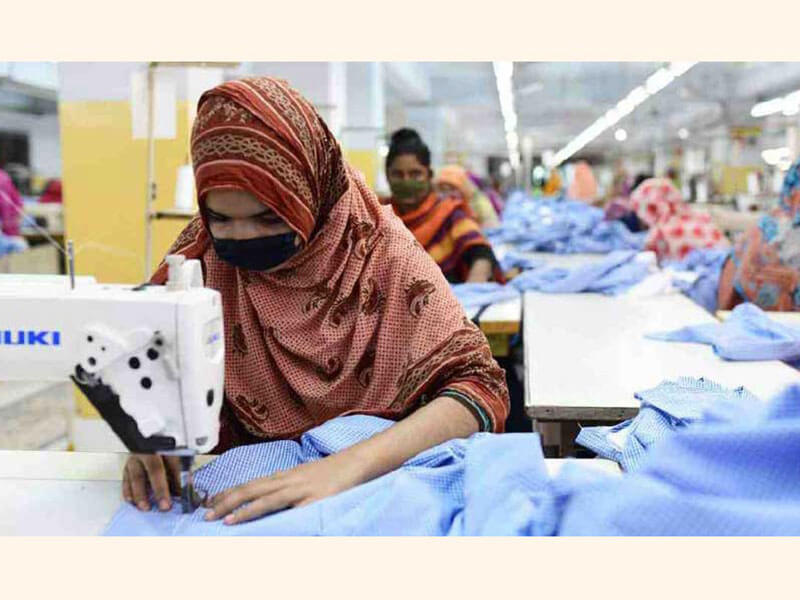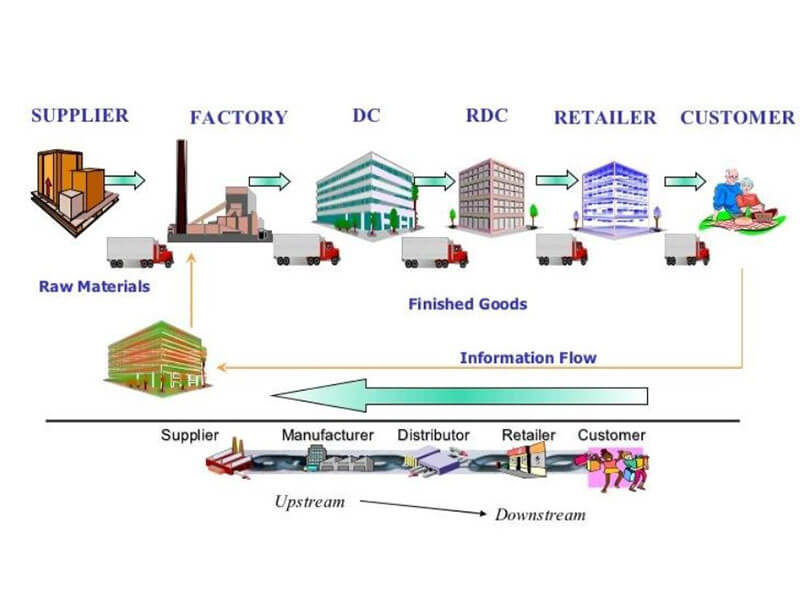SUSTAINABILITY
Sustainable Practices in the Global Ready-Made Garment (RMG) Sector
Sustainability Practices We Implement
Sustainability in the Ready-Made Garment (RMG) sector involves adopting practices that minimize environmental impact, ensure social equity, and maintain economic viability. The RMG sector, a major component of the global economy, especially in countries like Bangladesh, Vietnam, and China, faces significant sustainability challenges but also offers numerous opportunities for improvement.
Environmental
Sustainability
Social
Sustainability
Economic
Sustainability
Standards
Compliance
Sustainability Practices at AQ Export




Environmental Sustainability
- Resource Efficiency:
- Water Management: Implementing water-saving technologies such as closed-loop systems and waterless dyeing techniques. Brands like Levi’s are pioneers in water-efficient processes.
- Energy Efficiency: Utilizing energy-efficient machinery and renewable energy sources. For instance, solar panels and biomass energy can significantly reduce carbon footprints.
- Waste Management:
- Recycling and Upcycling: Reducing waste by recycling fabric scraps and upcycling old garments into new products. Initiatives like H&M’s Garment Collecting program encourage customers to recycle old clothes.
- Circular Fashion: Promoting circular fashion models where garments are designed for longevity, reuse, and recyclability. The Ellen MacArthur Foundation advocates for circular economy principles in fashion.
- Sustainable Materials:
- Organic and Recycled Fibers: Using materials such as organic cotton, recycled polyester, and Tencel. Certifications like GOTS (Global Organic Textile Standard) ensure materials meet high environmental criteria.
- Biodegradable Materials: Developing biodegradable textiles that minimize long-term waste in landfills.
- Pollution Reduction:
- Chemical Management: Implementing better chemical management practices to reduce harmful emissions. Programs like ZDHC (Zero Discharge of Hazardous Chemicals) guide the industry in safer chemical usage.
- Emissions Control: Reducing greenhouse gas emissions through cleaner production methods and efficient logistics.
Social Sustainability
- Fair Labor Practices:
- Worker Rights: Ensuring fair wages, reasonable working hours, and safe working conditions. Organizations like the Fair Wear Foundation and initiatives like the Accord on Fire and Building Safety in Bangladesh advocate for worker rights.
- Ethical Audits: Conducting regular audits to ensure compliance with labor standards and ethical practices.
- Community Development:
- Local Engagement: Supporting local communities with initiatives focused on education, healthcare, and economic development.
- Training Programs: Providing training and development opportunities for workers to enhance their skills and career prospects.
- Health and Safety:
- Workplace Safety: Implementing stringent health and safety protocols to prevent accidents and health hazards. The Rana Plaza collapse in 2013 highlighted the need for robust safety measures.




Economic Sustainability
- Sustainable Business Models:
- Long-Term Planning: Adopting business models that incorporate sustainability into long-term strategies to ensure economic resilience.
- Innovation and Investment: Investing in sustainable technologies and innovations that improve efficiency and reduce costs in the long run.
- Supply Chain Transparency:
- Traceability: Enhancing transparency in the supply chain to ensure responsible sourcing and production. Blockchain technology can help track and verify the entire production process.
- Ethical Sourcing: Ensuring materials and products are sourced ethically, maintaining high standards throughout the supply chain.
Standards Compliance
- International Standards:
- Certifications: Adhering to international certifications such as ISO 14001 (Environmental Management) and SA8000 (Social Accountability) to ensure best practices.
- Regulatory Compliance: Complying with national and international regulations aimed at promoting sustainability, like the EU’s Green Deal and the US Cotton Trust Protocol.
- Industry Initiatives:
- Collaborative Efforts: Participating in industry-wide initiatives such as the Sustainable Apparel Coalition’s Higg Index, which measures and scores a company’s sustainability performance.




